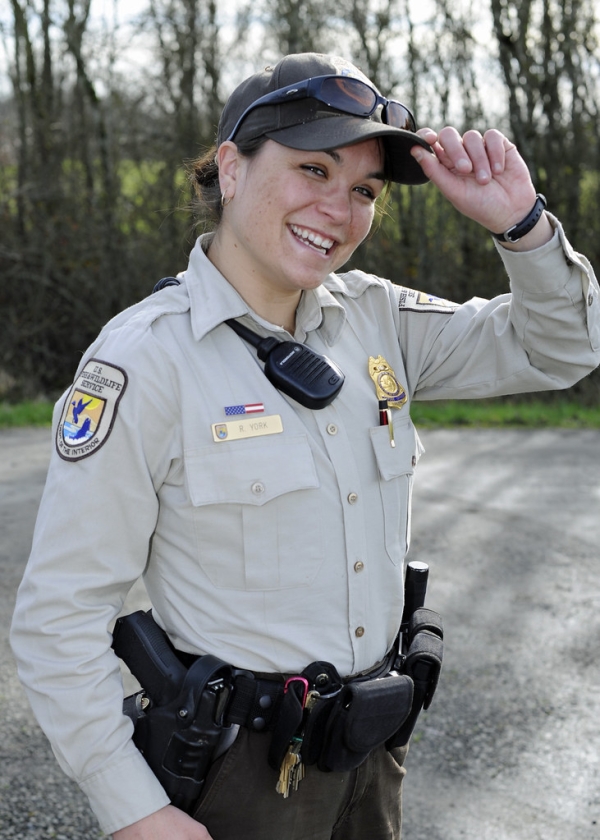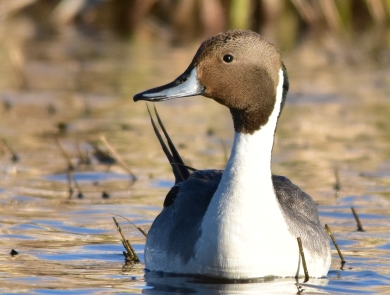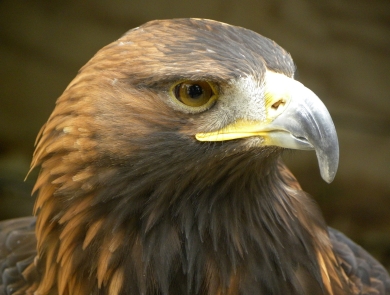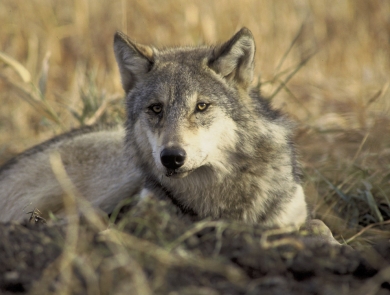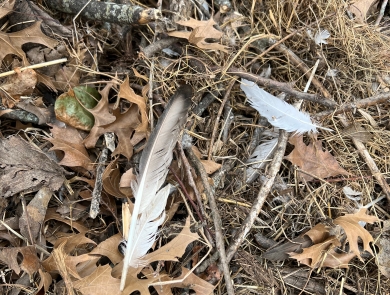
Regulations are an important part of our conservation efforts. During the past one hundred years, the United States has enacted wildlife laws and regulations, and ratified international treaties to protect our heritage of wild animals and plans and their habitats.
Laws, Agreements and Treaties
The U.S. Fish & Wildlife Service receives its authority through a number of laws, treaties, and regulations focused on conservation. These various forms of legislation provide a framework and specific guidelines for much of the work the Service does domestically and internationally.
Learn more about the U.S. Conservation Laws, Bilateral/Multilateral Agreements, Treaties and Conventions that guide FWS and its work.
Implementing Laws
Laws passed by Congress often need additional details so that everyone impacted knows exactly what is allowed and what isn't. Congress has authorized the Fish and Wildlife Service to add detail to laws through additional rules or "regulations."
Regulations go through a rigorous process before being put into place. All rules we propose are open to public scrutiny and comment, after which we make needed changes. Only after we are sure the rule is needed and properly constructed do we make it final, announcing it in the Federal Register.
Open For Public Comment
As a government agency, FWS has procedures to creates rules and regulations. Every proposed rule goes through a process of drafting, comment and review before it becomes final. The Federal Register is where we publish official notices about proposed and final rules, including rulemaking timelines.
View all rulemaking documents concerning FWS or search for a specific rulemaking document by title, docket ID or term.
Code of Federal Regulations
Each year, the general and permanent rules we publish in the Federal Register are bundled up and added to an annual update to the Code of Federal Regulations (often called the CFR). Our updates go into “Title 50: Wildlife and Fisheries.”
Congressional Testimony
Interested in learning more about how FWS takes part in the legislative process? View an archive of Congressional Testimonies given by officials with the U.S. Fish and Wildlife Service and Department of the Interior on issues important to the U.S. Fish and Wildlife Service.


